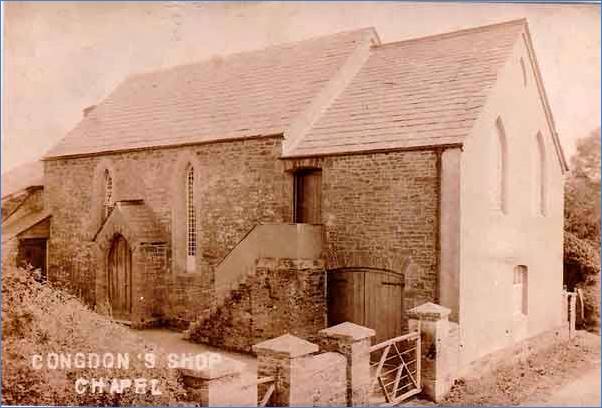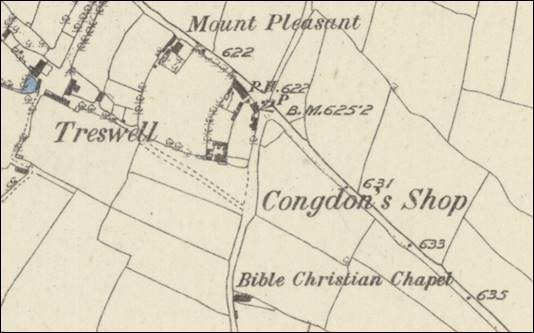A West Country sort of Methodism - The Bible Christians: 1815–1907
Colin Short, Methodist minister and Bible Christian enthusiast, wrote this introduction to the Bible Christians for Heritage News (Spring 2012), the bi-annual newsletter of Methodist Heritage. The following are some extracts from the article.
“They’re a West Country sort of Methodism. For all its vagueness, that is the answer. They were most certainly Methodist in their principles and practice, and their early name was Arminian Bible Christians. They had pastors instead of superintendents, and elders’ meetings instead of leaders’ meetings.
“The Bible Christians … began as a revivalist movement under the charismatic evangelism of William O’Bryan – rejected Wesleyan ministerial candidate, twice an expelled Wesleyan, and self-expelled a third time in 1815 from the Stratton Mission in north Devon. Better at keeping his own rules than observing others’, and incapable of coping with the inevitable as the Bible Christian movement evolved from a missionary community into an institutional Church, O’Bryan was a flawed human being. When crises came to a boil in 1829, he separated and formed his own breakaway Bible Christians. Yet he could not sustain them; in 1831 he emigrated to America and his breakaway group rejoined the Bible Christians in 1835.
“From the start, the Bible Christians used lady ministers, including William O’Bryan’s wife Catherine, and his daughter Mary, who married Samuel Thorne. Mary’s tombstone at Shebbear records her status as “a minister 60 years”. The Bible Christians were well aware of the appeal of female ministers and William O’Bryan used them as pioneer evangelists.
“The best known Bible Christian is Billy Bray (1794–1868), whose fame is based on his biography by F W Bourne, called The King’s Son – his own title for himself. From central Cornwall, Billy was by no means a typical Bible Christian, although his eccentric preaching and childlike trust in God were perhaps an extreme example of an ethos within the Church.”
|





